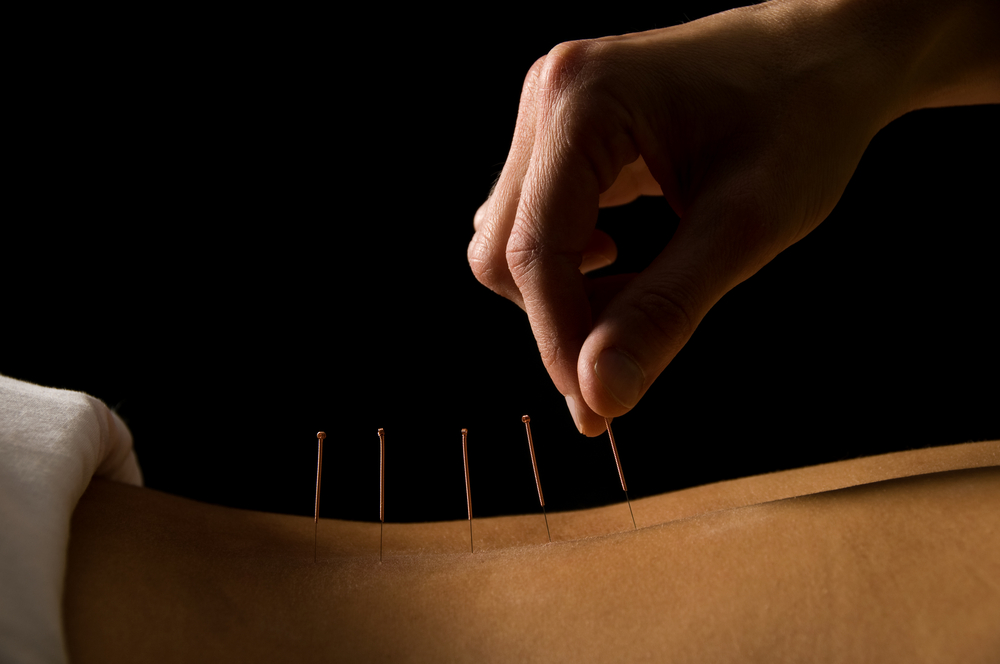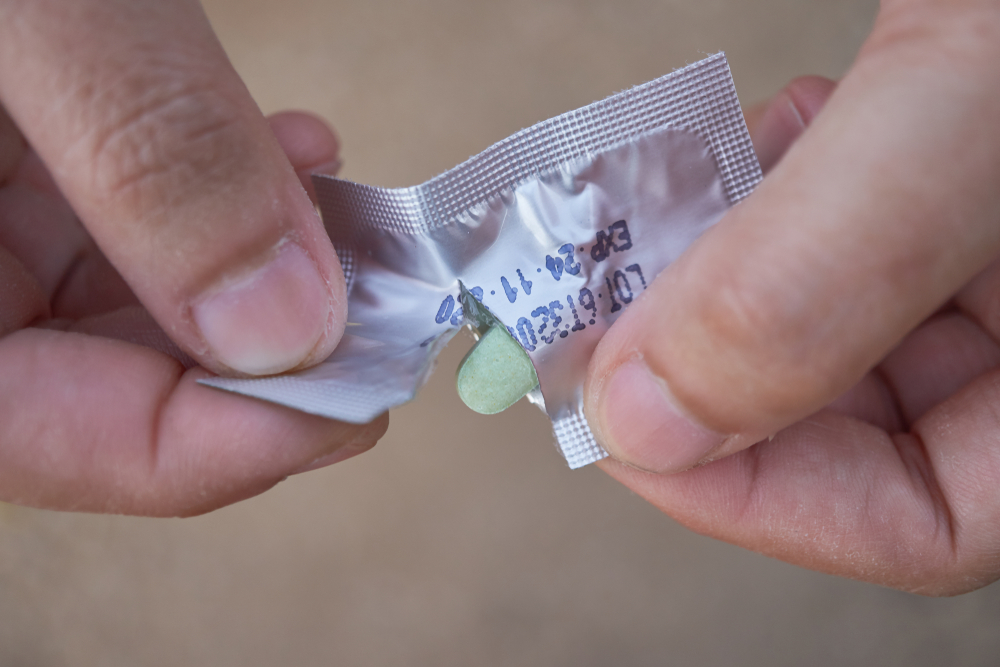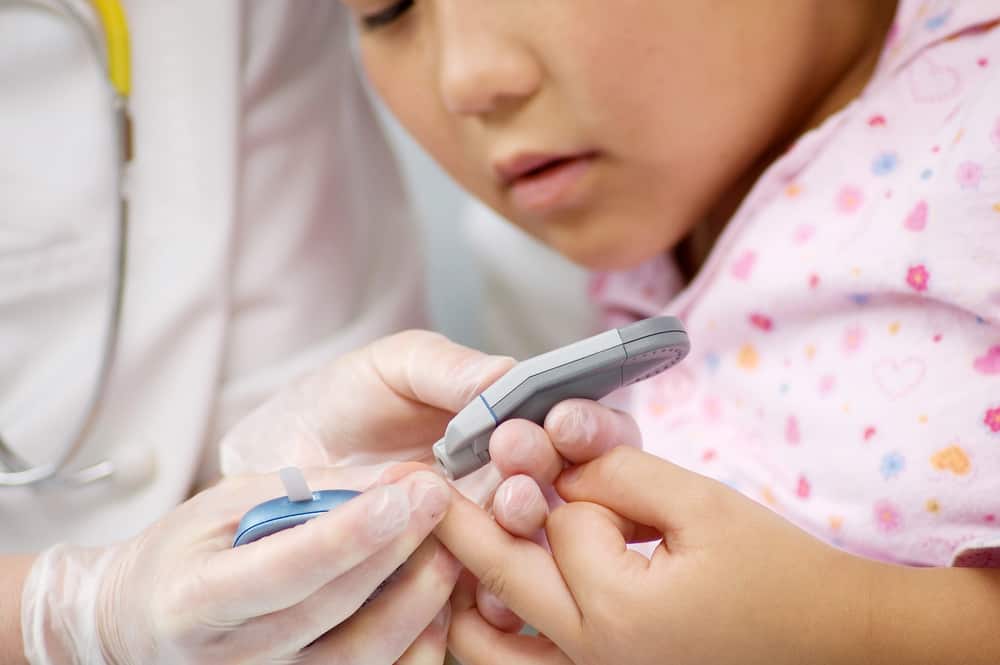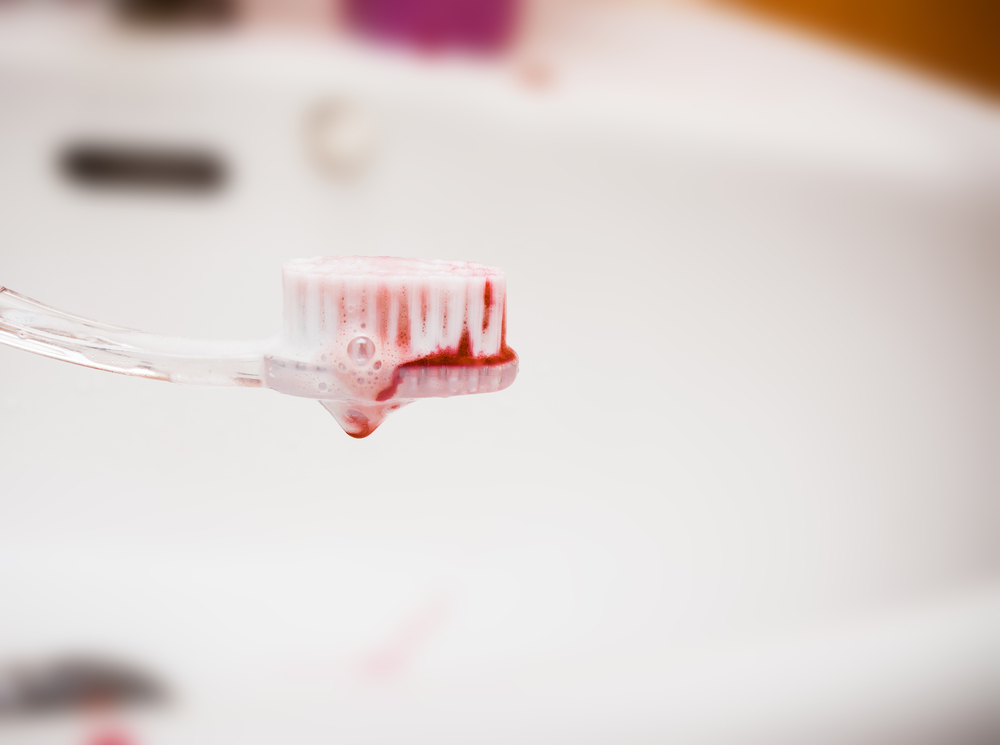Contents:
- Medical Video: Delayed puberty - causes, symptoms, diagnosis, treatment, pathology
- Sex hormone therapy
- Growth hormone therapy
Medical Video: Delayed puberty - causes, symptoms, diagnosis, treatment, pathology
Sometimes, children still do not feel the change when they reach the age of puberty. Unless physical development delays are caused by certain medical conditions, doctors can help suggest the best treatment for your teenager who has not shown signs of puberty.
Your pediatrician can show your child if his testicles are enlarged, one of the first signs of puberty that often goes unnoticed. Testicular enlargement in men indicates that the reproductive system is active and sexual maturity will follow. Generally, parents worry that their children have not fully grown. But the doctor can check and ascertain whether the puberty process is running or not.
A doctor's examination will also calm the child so that he does not need to worry about the growth process. And if there is a delay in puberty, doctors will usually suggest the following solutions.
Sex hormone therapy
It is very rare for doctors to recommend sex hormone therapy, even after an in-depth examination of a child. Sex hormone therapy is an artificial urge for the child's body to begin the stage of sexual maturity. However, this therapy will be recommended if a child has shown signs of puberty but has not yet begun to grow. Another consideration for using this drug is if the puberty delay has an emotional and social impact on the child.
Boys will receive testosterone injections, while girls will be prescribed estrogen and progesterone tablets. The dose will be adjusted to the level of sex hormones produced by the body of a normal teenager. Hormone therapy is only a small boost so that children can start puberty. Once puberty starts, the doctor will stop the dose gradually and let the body adjust to the natural puberty process.
Growth hormone therapy
Growth hormone or growth hormone (GH) is a chemical compound produced by the pituitary gland in the brain and released throughout the body. Some children have pituitary glands that cannot work properly, so they only release a little growth hormone. This condition is called hypopituitarism, or dwarfism. Synthetic growth hormone injections have been shown to help many people grow to reach the expected adult height of their offspring.
Short body has other factors besides growth hormone deficiency. Initially, many believed that only people had very low levels of endogenous growth hormone (produced by the body) that could react to growth hormone therapy,
However, synthetic products also have benefits for teens with kidney dialysis when they wait for kidney transplants. Likewise with teenagers with Turner syndrome. Girls who have Turner syndrome still produce growth hormones, but their bodies are immune to these hormones.
So, what prevents someone from running hormone therapy? There are several experiences in which parents want their children to receive hormone therapy, even though the measure is actually considered less appropriate to deal with the child's problem. Doctors must explain that broadly speaking, growth hormone therapy is given only to children who have been diagnosed with a growth hormone deficiency due to the pituitary gland that fails to work properly.
Apart from hypopituitarism, chronic kidney failure, and Turner syndrome, the use of growth hormone therapy is classified as only investigational. Insurance companies will not cover the costs of experimental treatment, and this therapy is very expensive for 6-7 subcutaneous injections per week for 5-6 years. Growth hormone therapy can spend an average of around 400 million rupiah per year.
These are two other reasons: short-term therapy only produces temporary effects, it can even produce nothing, but synthetic growth hormones have been on the market since the mid-80s and so far it has not been known what the long-term effects are. For this reason, it feels useless if therapy is carried out without strong medical reasons. Moreover, genetics is the strongest determinant of shape and height, compared to artificial growth hormones. If the maximum high growth potential of a child can reach 180 cm, but both parents are short, then it is likely that the child will grow short too.












